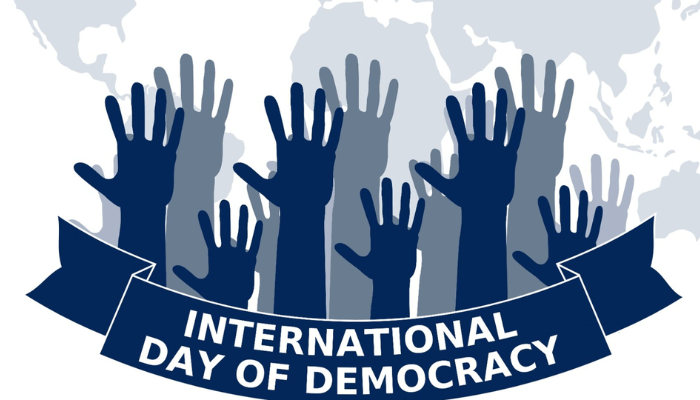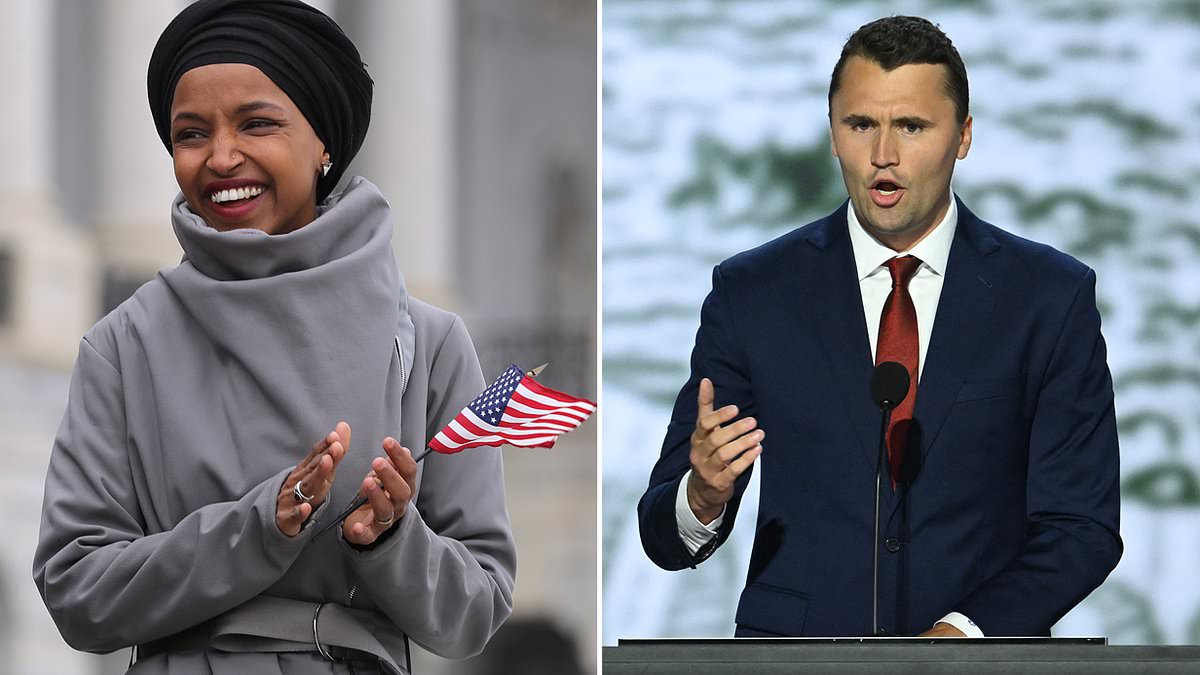By Lere Baale
Copyright businessday

Every September 15, the world marks the International Day of Democracy, a moment to reflect on the enduring values of freedom, participation, accountability, and justice. Democracy is not merely a political system; it is the foundation upon which societies build inclusive growth, uphold human dignity, and secure peace.
For Africa, commemorating this day is both a celebration and a challenge. It is a celebration of our progress, from independence struggles to multi-party elections, from authoritarian regimes to constitutional reforms. Yet, it is also a challenge, because democracy on our continent remains fragile, contested, and, in some places, under siege.
The African democratic journey
Since the wave of independence in the 1950s and 1960s, African nations have experimented with varied forms of governance. The 1990s ushered in an era of democratic revival, with multiparty politics, civil society participation, and constitutionalism taking root across much of the continent.
Today, Africa boasts some vibrant democracies, where peaceful transitions of power, active media, and civic participation have become norms. Yet, alongside these successes are worrying signs: electoral manipulation, prolonged incumbencies, shrinking civic space, corruption, and coups that reverse decades of progress.
The lesson is clear: democracy is not self-sustaining. It must be nurtured, defended, and adapted to Africa’s unique realities.
Why democracy matters for Africa
1. Human dignity and rights: Democracy gives citizens a voice, ensuring that leaders are accountable to the people. Without it, power becomes unchecked, and rights are trampled.
2. Peace and stability: Nations that embrace inclusive governance are less prone to conflict. In contrast, authoritarianism and exclusion often breed violence and unrest.
3. Economic development: Transparent, democratic institutions build investor confidence, unlock innovation, and ensure resources are used for the public good rather than elite capture.
4. Social justice: Democracy allows marginalised voices, women, youth, minorities, to be heard, shaping policies that leave no one behind.
Challenges confronting African democracies
• Weak institutions: In many countries, electoral commissions, parliaments, and judiciaries remain vulnerable to manipulation.
• Corruption: When leaders place personal gain above public good, democracy becomes hollow.
• Youth disillusionment: With rising unemployment and poverty, young Africans often feel democracy has not delivered tangible dividends.
• Digital misinformation: Social media has empowered citizens and spread fake news, fuelling division and undermining trust in democratic processes.
• Security threats: Terrorism and insurgencies in regions like the Sahel and Horn of Africa destabilise democratic gains.
The way forward: Deepening democracy in Africa
For democracy to thrive on the continent, Africa must embrace specific priorities:
1. Strong institutions, not strongmen: Independent electoral bodies, impartial judiciaries, and professional security agencies must replace personality-driven politics.
2. Inclusive participation: Women and youth must move from the periphery to the governance centre. Their voices and aspirations are vital for sustainable development.
3. Accountability and transparency: Open data, digital governance, and citizen-led monitoring can reduce corruption and strengthen trust.
4. Civic education: Democracy thrives when citizens are informed. Schools, media, and civil society must cultivate democratic values of tolerance, respect, and responsibility.
5. Regional solidarity: The African Union and regional blocs must consistently uphold their democratic charters, condemning unconstitutional government changes with firmness and fairness.
Reflections on Africa’s future
Democracy in Africa is a journey, not a destination. It requires patience, resilience, and constant renewal. As Kwame Nkrumah once declared, “Seek ye first the political kingdom, and all things shall be added unto you.” Yet we now understand that political freedom must be coupled with good governance, equity, and accountability to produce prosperity.
The International Day of Democracy reminds us that democracy is not a gift from leaders but a collective covenant between citizens and institutions. It is strengthened at the ballot box and in daily acts of accountability, transparency, and respect for the rule of law.
Africa’s destiny is tied to the strength of its democracies. We cannot build resilient health systems, dynamic economies, or peaceful societies without governments that are accountable to their people.
On this International Day of Democracy, let us commit to moving beyond rhetoric to action, strengthening institutions, empowering citizens, embracing transparency, and defending the values of freedom and justice.
When democracy flourishes in Africa, it will not only secure the dignity of our people but also inspire the world with the beauty of governance that is both African and universal.
Prof. Lere Baale: CEO, Business School Netherlands International



